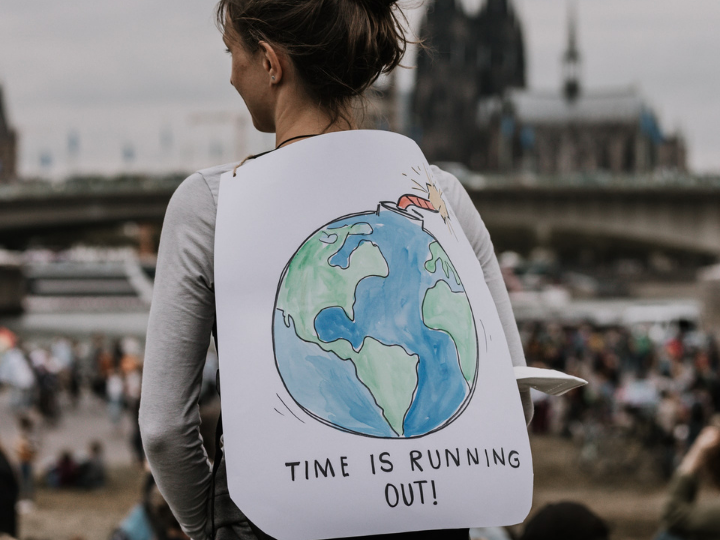N. Peter Kramer’s Weekly Column
The first Kyoto climate treaty is now in his early thirties. Despite all promises, annual CO2 emissions have increased by no less than 60 percent since then. The latest report form the IPCC climate panel was released on Monday, focusing on this one question: how can we reduce greenhouse emissions quickly and dramatically to avoid an inhospitable climate future? That assignment is not obvious. Global greenhouse gas emissions have been greater than ever in the past decade. These emissions are about the same size as the carbon budget left over to limit warming to 1,5 degrees Celsius. So, if we emit the same amount again this decade, our carbon budget will be exhausted.
What that means after 26 climate summits, UN Secretary General Antonio Guterres summarised at the launch of the report: ‘It is a text full of shame, which catalogues the empty promises that put us well on the road to an unhabitable world.’
For the first time an IPCC report pays attention to sufficiency, in other words: an economy of enough. That means we must avoid ‘the demand for energy, materials, land and water, so as to achieve human well-being for all within planetaries boundaries.’ Based on this focus, the report devotes a chapter to how you can reduce emissions through people’s behaviour and the choices that are offered them.
If you think, the discussion about eating meat and driving fast is a non-debate, you might want to open the report there. Behavioural and cultural changes represent an ‘essentially forgotten strategy’, that has been omitted in the past in many scenarios. However, such change contains the potential for huge CO2 reductions, the IPCC says. By 2050 strategies that limit demand could reduce global greenhouse gases by 40 to 70 percent.
So yes, without individualising climate responsibility, what we eat, how we move around and what we do with our homes, it definitely matters!







